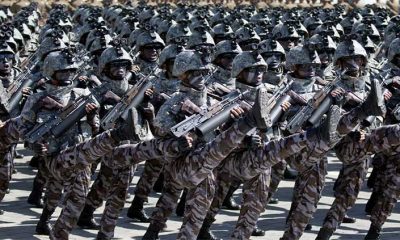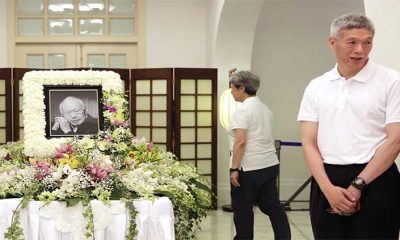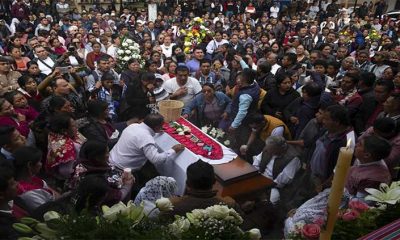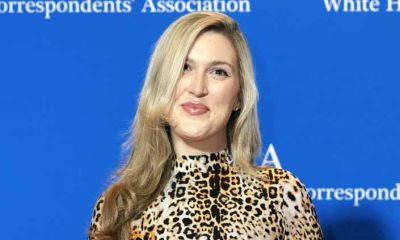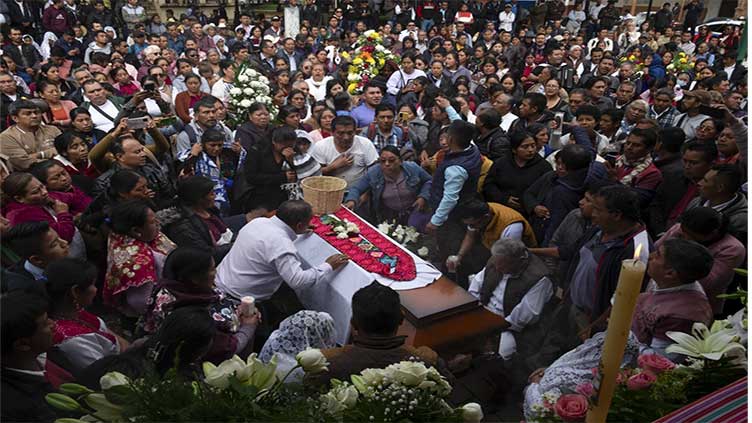Hundreds gathered Monday to mourn Catholic priest Marcelo Pérez, an activist for Indigenous peoples and farm laborers who was killed in the southern Mexico state of Chiapas.
It was a killing that many say was a tragedy foretold, in a state where drug cartels have caused thousands of people to flee their homes.
Mourners gathered in San Andres Larrainzar, near the city of San Cristobal de las Casas, where Pérez was killed on Sunday.
Pérez, a leading activist for peace in the violence-torn state, was from San Andrés Larrainzar. A mass in his honor Monday was held in Spanish and Tzotzil, the Indigenous language he spoke.
Pérez, 50, had often received threats, but nonetheless continued to work as a peace activist. Human rights advocates said Pérez did not receive the government protection he needed.
“For years, we insisted that the Mexican government should address the threats and aggressions against him, but they never implemented measures to guarantee his life, security and well-being,” The Fray Bartolome de las Casas human rights center wrote.
While there was no immediate information on the killers — President Claudia Sheinbaum only said that “investigations are being carried out” — Rev. Pérez’s peace and mediation efforts may have angered one of the two drug cartels that are currently fighting for control of Chiapas.
The state is a lucrative route for smuggling both drugs and migrants.
“Father Marcelo Pérez was the subject of constant threats and aggressions on the part of organized crime groups,” according to the rights center, adding that his killing “occurred in the context of a serious escalation of violence against the public in all the regions of Chiapas.”
For at least the last two years, the Sinaloa and Jalisco cartels have been engaged in bloody turf battles that involve killing whole families, and forcing villagers to take sides in the dispute. Hundreds of Chiapas residents have had to flee to neighboring Guatemala for their own safety.
“They should look for an intelligent way to disarm those groups,” said Cardinal Felipe Arizmendi, who once served as the bishop for the area. “They shouldn’t wait for people to file complaints, and people are going to file complaints because their lives are at risk.”
Together with continued drug violence in the northern state of Sinaloa, and the army killings of six migrants earlier this month, the killing of Pérez was another embarrassment for the government.
Sheinbaum took office Oct. 1 and has pledged to follow the policy of her predecessor and mentor, former president Andrés Manuel López Obrador, of not confronting the drug cartels. The policy has failed to significantly reduce violence.
“This is a reflection of the whole country,” Cardinal Arizmendi said following the mass for Pérez. “They shouldn’t say everything is fine in Mexico. Please.” he continued. “This strategy has not worked.”
The state prosecutors’ office said Rev. Pérez was shot dead by two gunmen when he was in his van, just after he had finished celebrating Mass.
He served in the community for two decades and was known as a negotiator in conflicts in a mountainous region of Chiapas where crime, violence and land disputes are rife. Pérez also led several marches against violence, which has brought him several death threats.
The U.N. Human Rights Office said Pérez was the seventh human rights activist killed in Mexico so far in 2024.
Post Views: 4
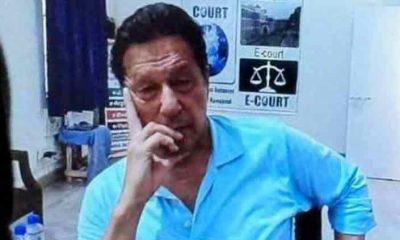
 pakistan3 months ago
pakistan3 months ago
 Tech3 months ago
Tech3 months ago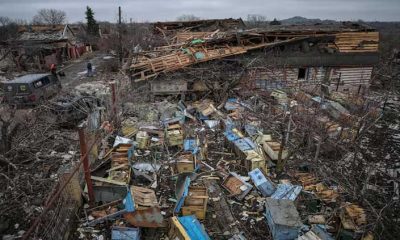
 World3 months ago
World3 months ago
 Business3 months ago
Business3 months ago
 Entertainment3 months ago
Entertainment3 months ago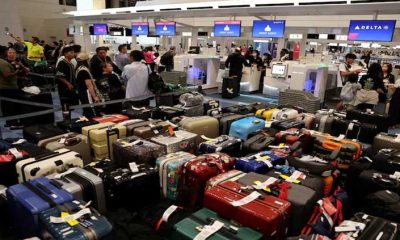
 Tech3 months ago
Tech3 months ago
 Entertainment3 months ago
Entertainment3 months ago
 Business3 months ago
Business3 months ago

